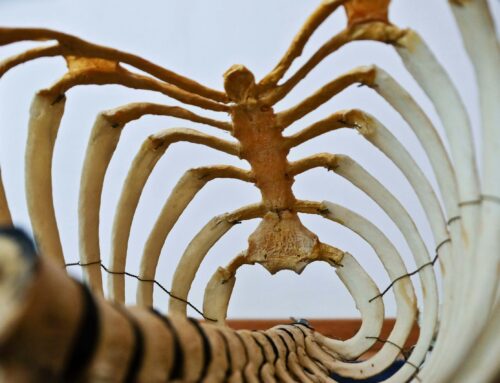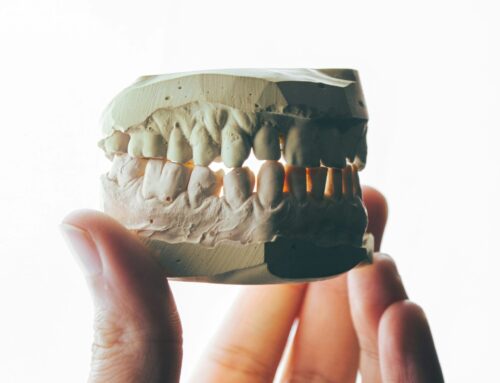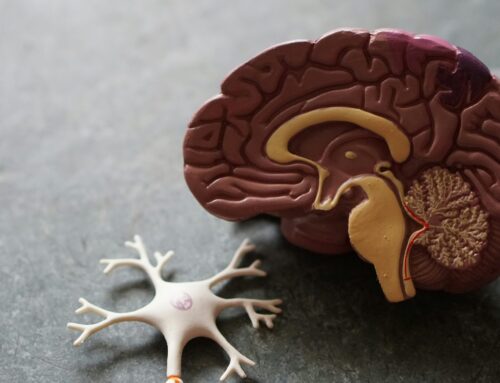Proprioceptive Neuromuscular Facilitation (PNF) is a proven and widely practiced technique in physiotherapy. It aimed at enhancing and accelerate neuromuscular response through the stimulation of proprioceptors. This method utilizes specific movement patterns and techniques that mimic the body’s natural movement sequences to improve motor function and muscle coordination. The basic principles of this therapy include stretching, strengthening, as well as functional movements, all of which serve to enhance patient performance and accelerate rehabilitation.
Application in Physiotherapy
PNF is applied in a variety of clinical scenarios, from rehabilitation after injuries to the treatment of neurological disorders. It is particularly effective in improving flexibility, strength, coordination, and motor learning. The technique is often used for patients with stroke, multiple sclerosis, cerebral movement disorders, and post-surgery rehabilitation, to name a few.
Techniques and Methods of PNF
PNF methodology encompasses a range of specific techniques focusing on diagonal movement patterns relevant to everyday activities. These techniques include especially:
- Contract-Relax Techniques: Here, a muscle is maximally stretches, then contracted, and finally relaxes into the stretch to increase flexibility.
- Hold-Relax: In this technique, an isometric contraction is performed in the maximum stretching position of a muscle, followed by relaxation to deepen the stretch.
- Agonistic Contraction: This involves activating the antagonist of the muscle being stretched to achieve relaxation through reciprocal inhibition and improve mobility.
Significance of PNF in Physiotherapy
The significance of PNF in physiotherapy is attributed to several key factors:
- Individualized Treatment: PNF allows for high adaptability to the specific needs and goals of each patient.
- Whole-Body Approach: By utilizing movement patterns that engage multiple muscle groups simultaneously, PNF promotes an integrative approach to rehabilitation.
- Promotion of Independence: The techniques are designed for patients to eventually perform them independently and promoting independence and self-management of conditions over time.
- Scientific Evidence: Numerous studies support the effectiveness of PNF. It improves motor performance and functional restoration.
In summary, PNF is a versatile and effective method in physiotherapy. It aimed at improving motor control, flexibility, and strength through targeted movement patterns and techniques. In fact, its broad application and positive impact on rehabilitation make it an indispensable tool in modern physiotherapeutic practice.







Leave A Comment